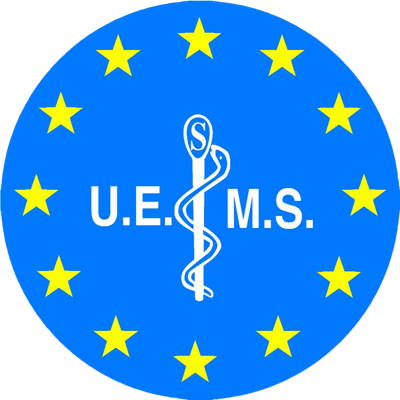Module 1: The stem cell concept
In this module, stem cell properties and their potential use in organ regeneration are discussed. With lectures by Valeria Sordi, Hanne Scholz and Matthew Griffin.
To obtain your credits, please complete the EACCME evaluation survey located under the tab "EACCME evaluation survey" in each module.
Registered users can access this course by clicking the button below and logging in to their account. If you need to register on Transplant Live, please visit the ESOT website.
Module 2: Engineering organs
In this module, a variety of different approaches to the topic of engineering organs are discussed. With lectures by Paul Gatenholm, Giuseppe Orlando, Sarah Hosgood, Peter Loskill and Nuria Montserrat.
To obtain your credits, please complete the EACCME evaluation survey located under the tab "EACCME evaluation survey" in each module.
Registered users can access this course by clicking the button below and logging in to their account. If you need to register on Transplant Live, please visit the ESOT website.
Module 3: Roadmap to the clinic
In this module, several clinical trials that investigate stem cell-based therapies for clinical transplantation are presented. With lectures by Robert Hilbrands, Marlies Reinders and Sophie Brosset.
To obtain your credits, please complete the EACCME evaluation survey located under the tab "EACCME evaluation survey" in each module.
Registered users can access this course by clicking the button below and logging in to their account. If you need to register on Transplant Live, please visit the ESOT website.
Module 4: Complementary challenges
In this module, the challenges of organ regenerative therapy are discussed. With lectures by Dominque Martin and Céline Ausenfans.
To obtain your credits, please complete the EACCME evaluation survey located under the tab "EACCME evaluation survey" in each module.
Registered users can access this course by clicking the button below and logging in to their account. If you need to register on Transplant Live, please visit the ESOT website.

 This course, made available on www.ESOTTransplantlive.org and organised by ESOT, is accredited by the European Accreditation Council for Continuing Medical Education (EACCME®) to award 3 European CME credit (ECMEC) for each module.
This course, made available on www.ESOTTransplantlive.org and organised by ESOT, is accredited by the European Accreditation Council for Continuing Medical Education (EACCME®) to award 3 European CME credit (ECMEC) for each module.